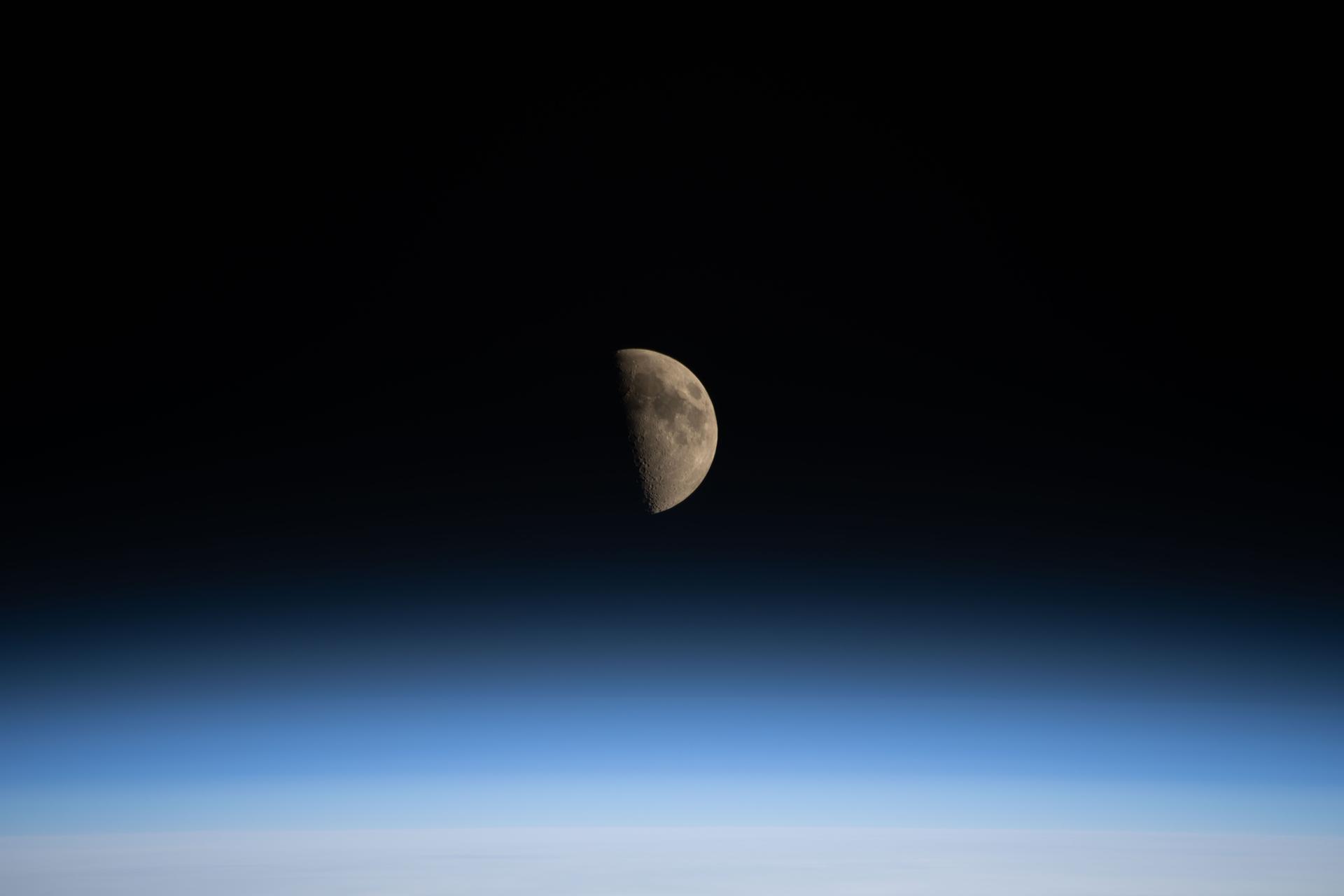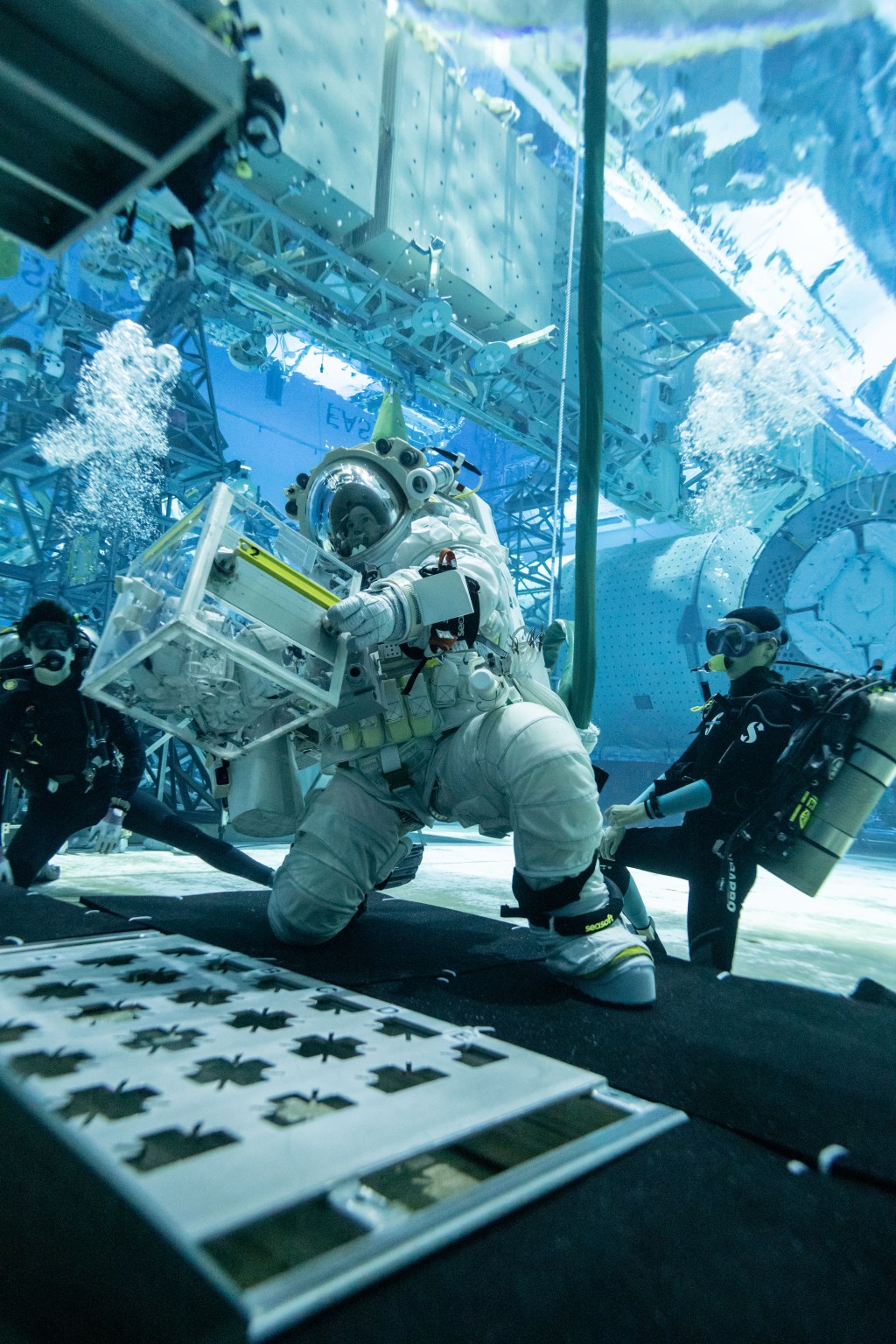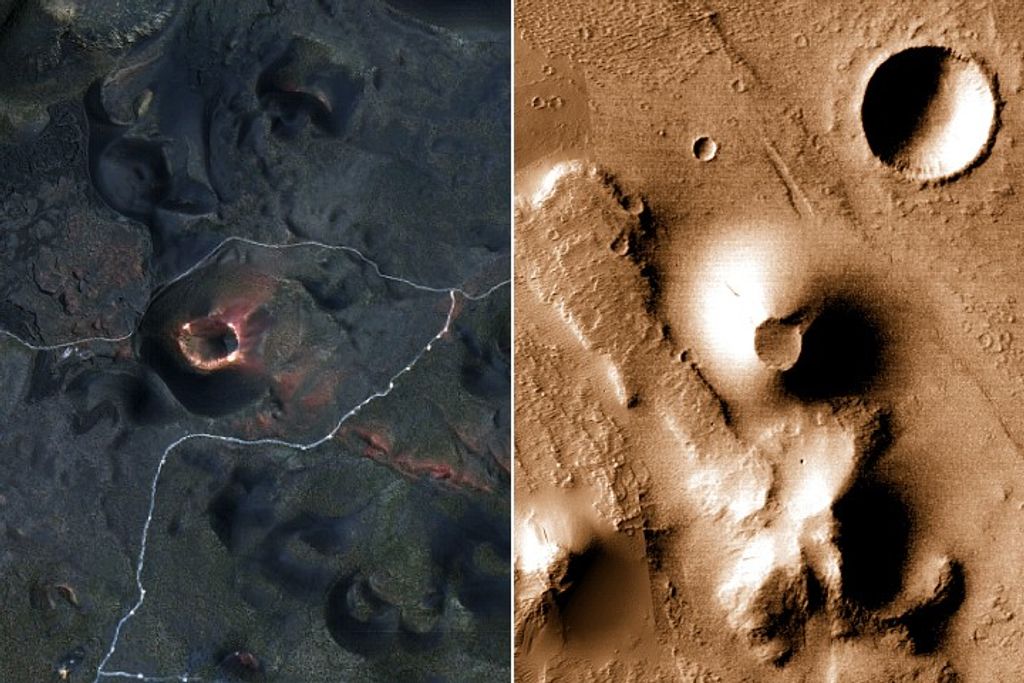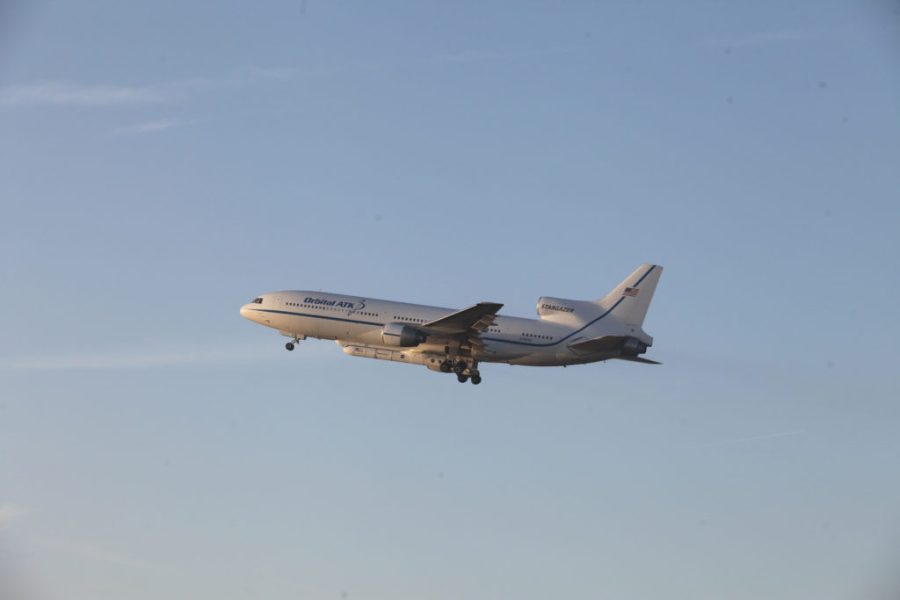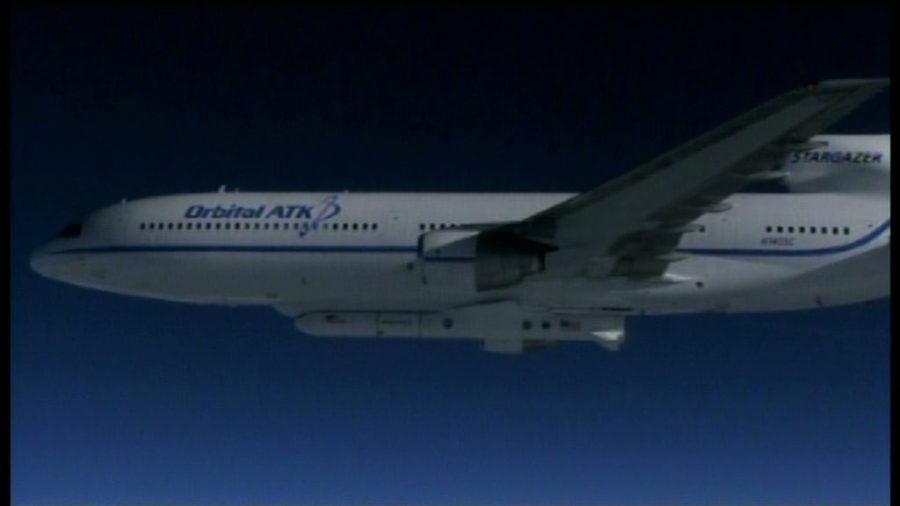NASA's CYGNSS mission has been rescheduled for launch Thursday, Dec. 15 at 8:26 a.m. EST. The forecast calls for an 80 percent chance of acceptable conditions during the 1-hour launch window. Mission personnel uploaded new flight parameter data to the CYGNSS spacecraft this morning, correcting an issue discovered during routine testing on Tuesday. The launch …
Forecast: 80 Percent ‘Go’ for Thursday Launch


